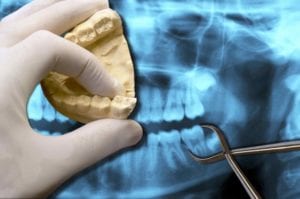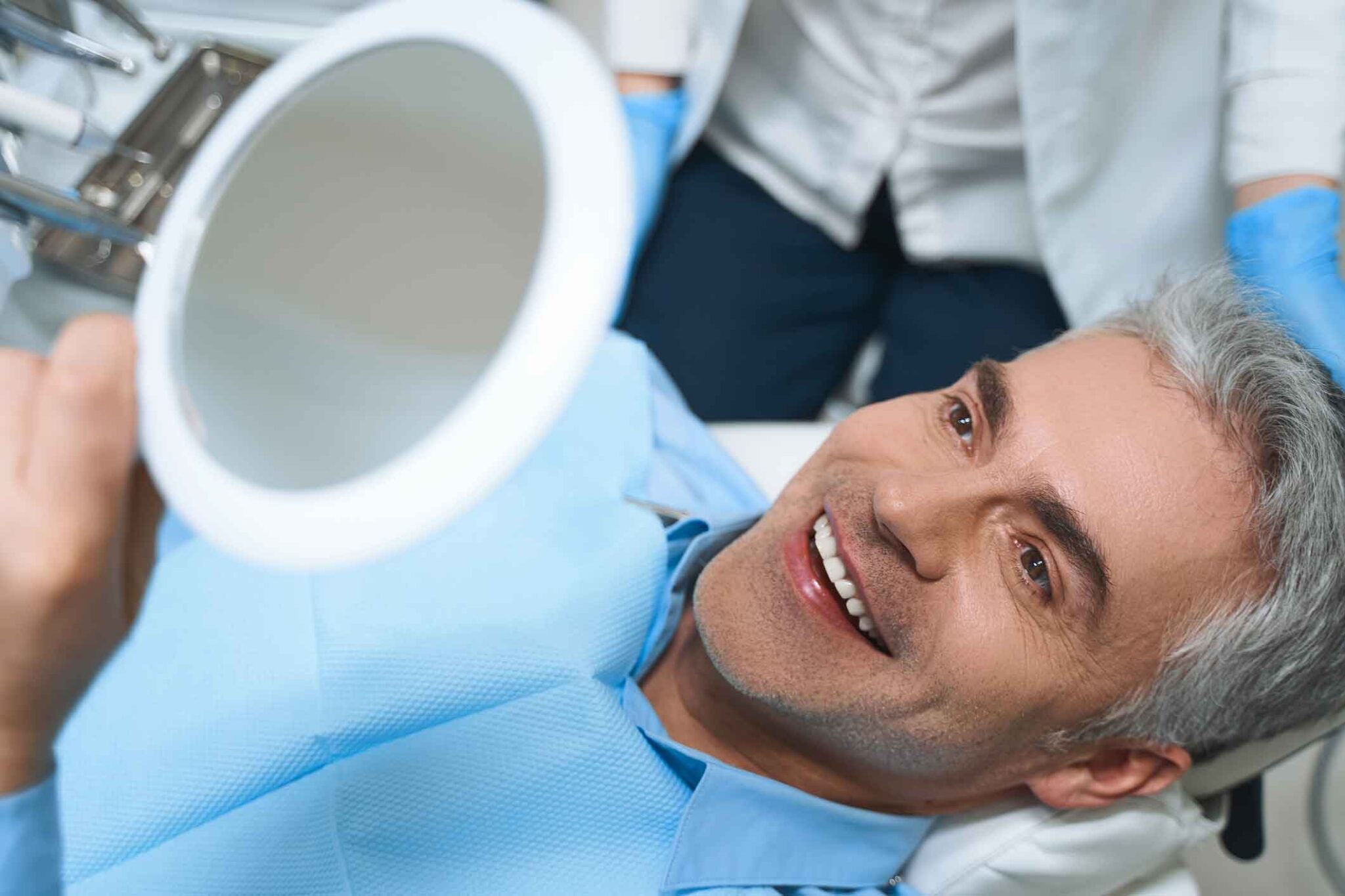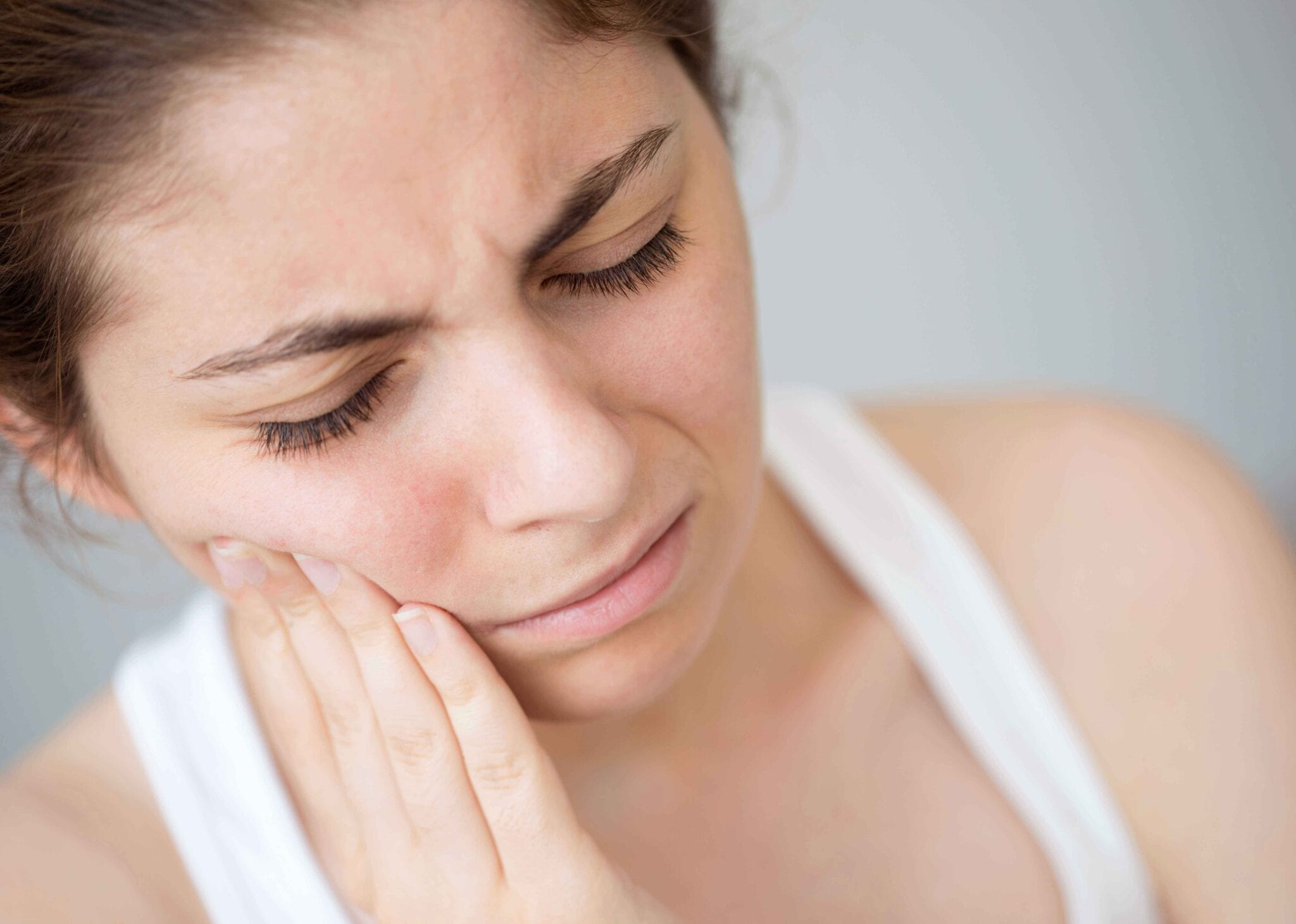 Even though our permanent, adult teeth are meant to stay with us, there are some instances where they simply need to be removed. Some issues that force tooth extraction include:
Even though our permanent, adult teeth are meant to stay with us, there are some instances where they simply need to be removed. Some issues that force tooth extraction include:
- Crowded teeth
- Dental decay
- Gum disease/Periodontal disease
- Tooth infection
- Trauma
- Impacted teeth
Even if you feel a little nervous about an extraction process, it’s good to know that it’s a fairly common procedure that people go through every day.
Healing from Your Tooth Extraction
Every person is different, which means everyone will experience their own type of recovery from this procedure. In most cases, though, recovery should be complete by the 7-10 day-mark.
To ensure an enjoyable recovery process, the following are some helpful tips. Be sure to speak with your oral surgeon after the procedure, for any particular directions.
Immediately after the Procedure
- Leave Your Gauze In
You might be tempted to remove the gauze from your mouth after a tooth extraction, but hold off for at least 30 minutes. This gauze is helping form a stable blood clot in the extraction site.
- Use an Ice Pack
The area might be tender and sore for a while, so you can use an ice pack once you get home. Try to only keep it on for ten minutes at a time, and don’t put it directly on your skin.
- Avoid Rinsing and Spitting
These actions can be harmful to the exposed wound, so try not to do either of these things for the first 24 hours after surgery. Similarly, avoid using a straw for drinking.
In the Following Days
- Take Your Painkillers
If your dentist has given you something for pain, be sure to utilize it. Keep in mind, though, to always follow directions and dosage suggestions. Often times the dentist or surgeon may recommend over-the-counter pain medication as the first line therapy, only to be augmented by prescription medication if needed.
- Rinse and Repeat
To avoid potential infection post-surgery and to help soft tissue healing, try rinsing your mouth with warm salt water during the first few days following the procedure. Do this a few times, to encourage a clean wound that will heal faster.
- Limit Activity
For the next couple of days, try to limit your activities. Anything that requires physical contact could be harmful to the area, as well as anything that causes added stress or pressure.
- Be Smart About Food
The open area in your mouth needs all the help it can get. With that in mind, avoid foods that are sharp, sticky, or hard. Instead, only eat soft foods such as yogurt, pudding, soup, and applesauce.
Back to Business in No Time
Tooth extraction is a common procedure that can improve your oral health for years to come.
Consider using some or all of these tips to ensure that you enjoy a full recovery.
The information and content on our website should not be used as a substitute for medical treatment or advice from your doctor.












